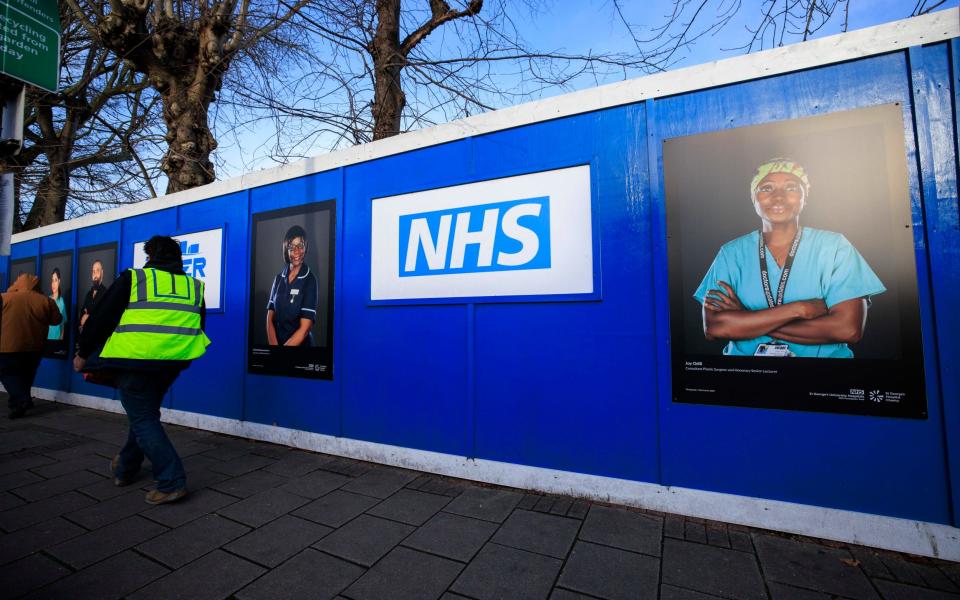Patients to wait longer for routine checks so NHS can clear record backlogs

NHS patients will wait longer for routine checks as part of a national drive to clear record backlogs.
Health officials have instructed hospitals to “repurpose” resources to focus on those waiting the longest, who are yet to have their first appointment.
Today the NHS claimed it had “virtually eliminated” two year waits, with less than 3,000 people enduring such delays, down from 22,500 at the end of January.
Hospitals are being urged to prioritise those waiting 18 months or more, with pledges to get rid of such waits by April next year.
NHS chiefs have instructed hospitals to focus on outpatient first appointments, rather than patients who have already had treatment, and are waiting for follow-up checks.
Two thirds of the 10 million appointments which take place each month involve repeat visits, monitoring health conditions.
Senior officials have said many such appointments are a “a waste of time” saying there should be more use of systems where routine slots are scrapped, and patients instead told to contact their medical team if they have particular concerns.
The drive - which health chiefs dubbed “Super September” - will see priority given to tackling the longest waits.
When the NHS was given a funding increase - which saw National Insurance contributions increased by 1.25 percentage points - ministers pledged to eliminate long waits.
Since then, one-year waits have continued to rise, while two-year waits have fallen.
The latest efforts follow NHS targets to cut the total number of outpatients appointments by one quarter by next April.
A briefing note sent from NHS England chiefs sets out a “pressing need to transform the way we deliver outpatients services” and use staff in a “smarter and more productive way”.
“The released capacity will allow increased focus on patients who are the longest waiters who have not yet been seen.”
The memo, sent to regional directors, also calls for more focus on “clinical validation” to see if appointments are necessary.
While total waiting lists for England stand at a record 6.6 million, experts warn that the true number waiting may double that. Current counting methods only include those waiting for their first treatment, meaning that subsequent waits for further treatment, or regular monitoring, are not included.
Robert Ede, the head of health and social care at the Policy Exchange think tank said the moves were “sensible” saying the model of outpatient care was “ripe for change”.
But he raised concern that new systems could see those with “sharp elbows” more likely to get the help they needed.
On Mondya, Steve Barclay, the Health Secretary, said the Department of Health was in a “real sprint” to take action to avert a winter crisis.
In his first interview since taking post, he told The Telegraph that that it would be “too late” to wait until a new prime minister is in post.
Meanwhile Andy Cooke, the HM chief inspector of constabulary, said armed police are being sent to help people having cardiac arrests, because ambulance services are unable to cope with demand.

 Yahoo Movies
Yahoo Movies 